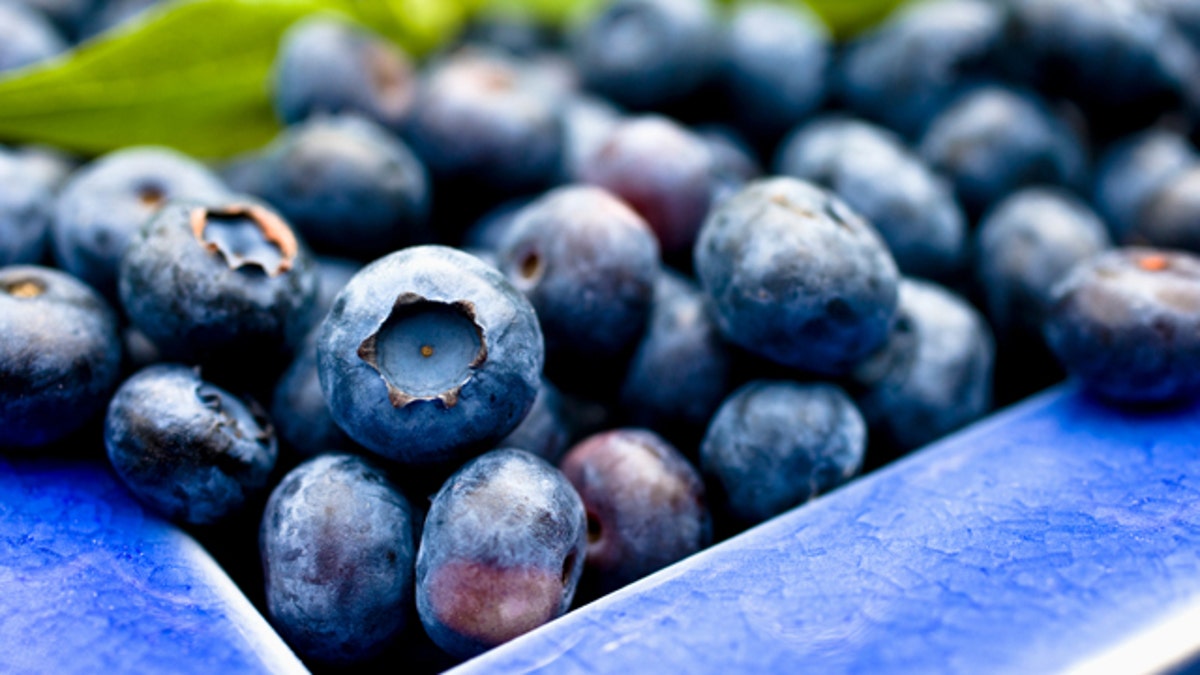
(iStock)
Today I came home from the grocery store in a state of disbelief.
I was babbling about my purchases. I couldn’t believe how much money I spent on just a few “nonfood” food items.
I bought about 10 junk food or processed food items and three pieces of produce. The junk foods that I bought were breakfast cereal, potato chips, and breakfast sticky buns. I spent $65 and with my in-store discounts it came up to $52.
I definitely left the store thinking, I guess I understand why people think that grocery shopping is expensive because if the average American is buying processed foods for their families the grocery bills would be large.
Let’s look at the contrast of how much I spend every week on my whole food-based diet.
Every week I go to the grocery store to buy food for myself and my grandmother. I would say at least half the bag is usually from the produce aisle as I like to eat something green every day. The other half of the bag is a combination of canned or dried beans, eggs, frozen foods (fruits, vegetables or fish), nuts, seeds, some sort of grain (brown rice, quinoa, oatmeal, etc.).
In short, I buy 95 percent whole foods. Yes, I will buy some type of junk food -- usually chips. Tortilla chips satisfy my need for crunchy foods in my diet. With my weekly trip to the grocery store I can usually make the meals for the week. On average I spend about $35 per week for one bag of groceries.
In my experience, buying many types of whole foods is cheaper than buying junk foods or highly-processed foods. However wherever I speak, I always hear people say that eating healthy is so expensive. I think the reason that people think that healthy food is expensive is because they confuse healthy food with organic foods. There is a big difference!
Organic foods are foods that are grown without pesticides, insecticides, herbicides, fungicides, hormones, or toxic substances. Healthy foods are foods that have nutritional value for the body.
I was able to find several places that have healthy foods that are under one or two dollars per serving.
Examples of cheap healthy foods are oats, beans (dried or frozen), broccoli, kale, apples, rice (different types), and frozen vegetables.
Author Mark Bittman wrote a wonderful article in the New York Times called, "Is Junk Food Really Cheaper?" He also believes that whole foods are cheap but he considers social and behavioral reasons why people believe that healthy foods are too expensive to buy or eat.
I find that healthy foods are not expensive, but they are an investment. The investment that I spend in preparing my food show up as a healthy weight and an energetic personality, as I express my creativity through the food that I eat and am able to nourish others.
Dr. Dae is a naturopathic physician who practices in the Washington, D.C. metro area. He treats the whole person using safe and effective combinations of traditional and natural methods to produce optimal health and well-being in the lives of her patients.
More From EmpowHER:
Out of Control Eating: Customer Had Heart Attack at the Notorious 'Heart Attack Grill'
What is a Raw Diet?
An Orange a Day Keeps a Stroke Away




















